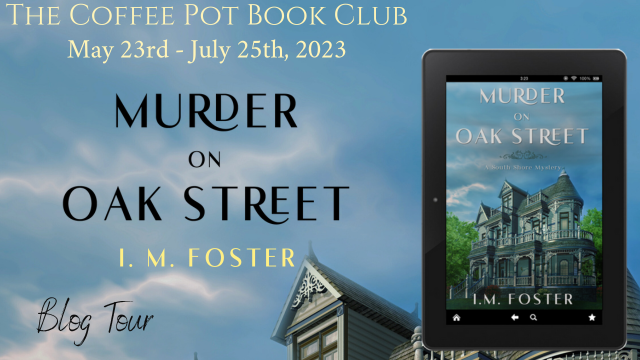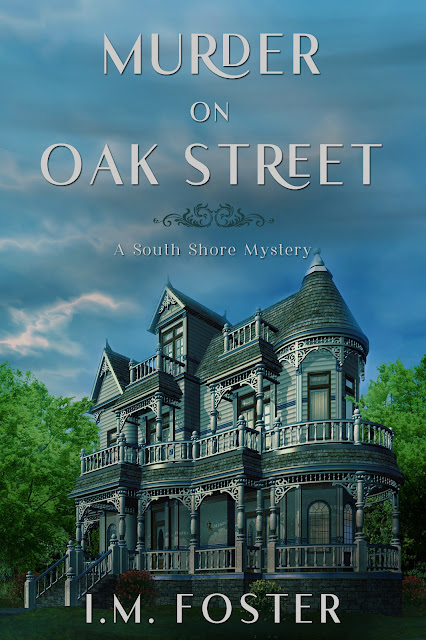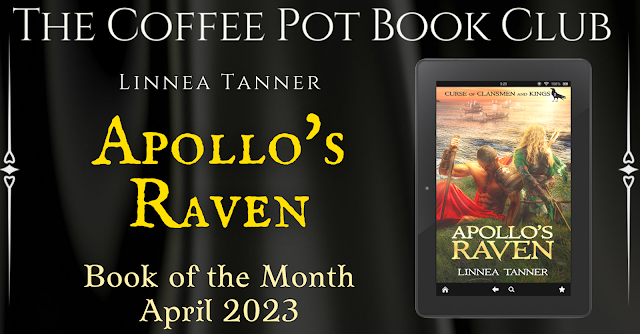Finally free of Catherine of Aragon, Henry VIII, is now married to Anne Boleyn and eagerly awaiting the birth of his son. In a court still reeling from the royal divorce and growing public resentment against church reform, Henry must negotiate widespread resentment toward Anne. He places all his hopes in a son to cement his Tudor blood line, but his dreams are shattered when Anne is delivered of a daughter.
Burying his disappointment, Henry focuses on getting her with child again, but their marriage is volatile and as Henry faces personal bereavement, and discord at court, Anne’s enemies are gathering. When the queen miscarries of a son, and Henry suffers a life-threatening accident, his need for an heir becomes critical. Waiting in the wings is Jane Seymour, a lady-in-waiting who offers the king comfort and respite from Anne’s fiery passions.
But, when Anne falls foul of her former ally, Thomas Cromwell, and the king is persuaded he has been made a cuckold, Henry strikes out and the queen falls beneath the executioner’s sword, taking key players in Henry’s household with her.
Jane Seymour, stepping up to replace the fallen queen, quickly becomes pregnant. Delighted with his dull but fertile wife, Henry’s spirits rise even further when the prince is born safely. At last, Henry has all he desires but even as he celebrates, fate is preparing to deliver one more staggering blow.
Henry, the once perfect Renaissance prince, is now a damaged middle-aged man, disappointed in those around him but most of all in himself. As the king’s optimism diminishes, his intractability increases, and the wounded lion begins to roar.
Becoming Henry
A Matter of Faith: the Days of the Phoenix continues a few years after the narrative ends in A Matter of Conscience: the Aragon Years.
Henry has just managed to wriggle free from Catherine and is preparing to marry Anne Boleyn. The story, written from Henry’s perspective provides, as far as I am aware, a unique view of their relationship. Henry quickly becomes disillusioned when Anne fails to give him his son, and their mutual unhappiness is expressed through increasingly violent marital arguments. It is the original love/hate relationship and in the wings, of course, is Jane Seymour.
Jane has always been an enigma. Was she really the sweet, meek girl of popular history or something more? Perhaps her ambition was as great as her brothers,’ and her gentle manner masked a soul of steel. Just as in life, when she never really had time to make that clear, she remains somewhat unknowable in the novel. She leaves the reader guessing and you will have to make up your own minds. Whereas Anne is a clear mix of good and bad, as most people are, Jane is opaque, but she hasn’t emerged as squeaky clean in this book. Whenever I tried to make her appear sweet, she’d stick out her stubborn looking chin and say or do something surprising.
Henry’s feelings for Jane are likewise impossible to determine. I like to dig beneath the surface and despite him claiming she was the love of his life, I have my doubts. We know they married with almost obscene haste after Anne’s beheading but there is no hint what the attraction may have been; they seem to have had little in common. The fact that we know so little about her probably accounts for the mild nature she has acquired in the popular mindset. Most of the women in Henry’s life were either vitally intelligent or stunningly beautiful, I’d imagine he would prefer a mix of both. I can’t imagine Henry being attracted to a dull woman. I apologise to Jane if she was in any way vibrant because I have not made her so. She is ‘nice’. Although this book is fiction, to invent a wildly innovative Jane Seymour would have meant straying too far from the facts we do have.
We also know that after her death, the king mourned for some time and did not remarry for several years, but it was characteristic of the Henry, or at least the Henry I have written here, to desire that which he could not have. Had Jane survived and given him sufficient time to tire of her, or had she not produced the heir he longed for, I think the outcome of the relationship may have been very different. Perhaps his request to be buried with Jane had more to do with her status as King Edward’ mother than love.
All the characters in this novel are based on historical figures but they are fictionalised characters, nonetheless. Henry may be among the most documented kings in history, but we only have his recorded actions and some wonderful letters. We know from those that he was passionate, romantic and idealistic but his innermost thoughts and motivations are hidden, and always will be. I had fun writing from his own perspective but the real motivation for even his most unforgiveable crimes will never really be known. I do not believe he was an out and out monster. I stopped believing in monsters a long time ago but I do believe that he would have found a way to excuse even his worst offences. He was an expert in self-forgiveness and has provided me with an irresistible opportunity to create a fabulously unreliable narrator of the events that took place during his reign.
Henry had an idealised image of himself that he consistently failed to live up to. He was a weak man in a strong body, a baby in a suit of armour, a cuddly teddy bear in a grizzly bear’s suit. Initially, his intentions were good. He strove to become that ‘perfect renaissance prince’ but was prevented by events beyond his control.
I don’t think we can fully understand his need for a son; it had been instilled in him since childhood. Failure to produce a male heir was to fail both as a man and a king, and we shouldn’t judge him from our 21st century perspective.
I think he craved love, not just that of a woman but of the people and like a child, when he didn’t receive it, he turned rogue. Craving the affection of a fertile woman but incapable of giving any real love in return, he rushed from one relationship to another in search of the unachievable. This time, he told himself, this time it will happen.
But it never did.
I think there is a possibility that Henry believed the charges against Anne were true. For all their differences, Anne was his beloved wife; he’d fought long and hard to marry her, turned the country upside down and destroyed some of his best statesman to do so.
The men accused of adultery with Anne were his friends; he drank with them, danced with them, hunted with them. They had formed a large part of Henry’s life; both social and political. To someone as deeply insecure as Henry, the idea of being cuckolded by his closest friends would have been personally devastating. In such a situation a man like Henry would have acted swiftly, without due consideration and no doubt regretted it, just as he regretted beheading Cromwell a few years later.
After the event, had Henry ever suspected that Anne had been executed erroneously, he would have characteristically ignored the matter and defied anyone to mention it or her again. Which, of course, is exactly what he did.
Ask most people to describe Henry and they will throw up words like ‘obese’ ‘tyrant’ ‘monster’ but these descriptions are not wholly fair. In his youth Henry was athletic, loving nothing more than to hunt, play tennis, wrestle and joust. His enthusiasm for these things was matched only by his appetite which of course had no effect while he was active. After his accident, forced to give up or at least drastically reduce the sports he so enjoyed, he did not cut back on his customary diet. This doesn’t make him greedy, it merely means he ate like a king, as he was expected to. Had he continued to burn off the calories, obesity may have been avoided. It shouldn’t be a sin to be obese and as for greed, well that can apply to skinny people too.
I often wonder if he would be so strongly condemned if he’d maintained the physique of his youth.
We also tend to overlook the degree of pain he lived with, day in, day out. There were no effective painkillers, he just had to grit his teeth and bear it. I know what I am like if I have a toothache, or my bad back is playing up. Living with severe, unmedicated pain would make anyone bad tempered and this, added to the other pressures he faced would be enough to make anyone monstrous.
It may sound as if I am apologising for Henry, but I am not, I am fully aware of his actions but it is interesting to set aside preconceptions and reconsider his character. Of course, these ideas of mine may well be inaccurate, but it is the mindset I adopted while writing as Henry, in Henry’s voice.
When I am working, I shut myself off from the world, and he comes limping in, sits at my shoulder, and whispers his excuses into my ear. Sometimes it is a very uncomfortable confession to listen to; sometimes I pity him, often I hate him, but he never, ever fails to be fascinating.
I am not trying to turn him into a saint but I hope, in some small way, I manage to provide an opposite point of view, an approximation of the complexity of Henry’s mind.
Universal Buy Link
Amazon UK • Amazon US • Amazon CA • Amazon AU
Judith Arnopp
Ten years ago, when Judith Arnopp began to write professionally, there was no question as to which genre to choose. A lifelong history enthusiast and avid reader, Judith holds a degree in English and Creative writing, and a Masters in Medieval Studies, both from the University of Wales, Lampeter.
Judith writes both fiction and non-fiction, working full-time from her home overlooking Cardigan Bay in Wales where she crafts novels based in the Medieval and Tudor period. Her main focus is on the perspective of historical women from all roles of life, prostitutes to queens, but she has recently turned her attention to Henry VIII himself.
Her novels include:
A Matter of Conscience: Henry VIII, the Aragon Years. (Book one of The Henrician Chronicle)
A Matter of Faith: Henry VIII, the years of the Phoenix (Book Two of The Henrician Chronicle)
The Beaufort Bride: (Book one of The Beaufort Chronicle)
The Beaufort Woman: (Book two of The Beaufort Chronicle)
The Kings Mother: (Book three of The Beaufort Chronicle)
The Heretic Wind: the life of Mary Tudor, Queen of England
A Song of Sixpence: The story of Elizabeth of York
Intractable Heart: The story of Katheryn Parr
The Kiss of the Concubine: A story of Anne Boleyn
Sisters of Arden: on the pilgrimage of Grace
The Winchester Goose: at the court of Henry VIII
The Song of Heledd:
The Forest Dwellers
Peaceweaver
Her non-fiction articles feature in various historical anthologies and magazines, and an illustrated non-fiction book, How to Dress like a Tudor will be published by Pen & Sword in 2023
Social Media Links:




%20(300%20%C3%97%20300%20px).png)



































